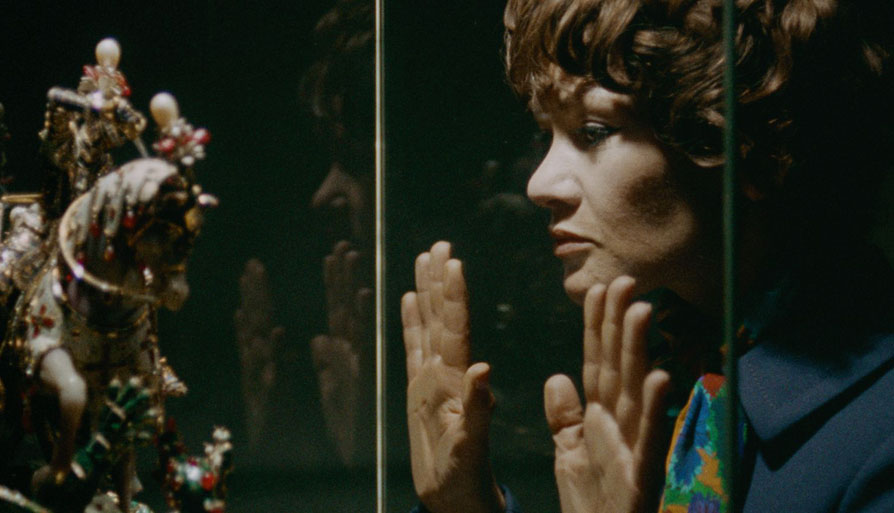The personal is political: German Female Filmmakers
Date : 2019.08.20.Tue ~ 09.01.Sun

“In short, wherever women land, within a very short time there is nothing but confusion, shock, excitement.”
Helke Sander, “Feminism and Film”
Simply watching a film by a female director is in itself an exciting event. It has been over 100 years since the medium of cinema was invented but the ratio of female filmmakers on the film set is still low and the possibility of seeing a movie directed by a woman in a theater is also relatively low. Even in the history of German cinema, with the exception of the Austrian-Hungarian Leontine Sagan and Lotte Reiniger in the days of silent movies, along with the still controversial Leni Riefenstahl, it was only by the late 1960s that female filmmakers consistently made their own movies. Under the influence of the Student Protest of 1968, the Women’s Movement, and New German Cinema, numerous female directors appeared in West Germany and were able to make films through the studio system of the Potsdam-Babelsberg Film School run by the government in East Germany with support from public institutions, film schools, and DEFA.
Under a national system that was split into different ideologies after experiencing the Second World War and the Nazi regime, their films were a journey to regain lost humanity, an effort to resolve the numerous problems they faced in an old, patriarchal society– their personal career and raising children, family, birth control, and their relationship with their spouse or partner –, and an action to transform an unequal and irrational society into a more democratic and equal one.
The 12 films that have been selected in cooperation with Deutsche Kinemathek and the Goethe Institut in Seoul include a dreamlike essay film, a documentary that uses a camera to revisit a past one wants to forget, a self-reflective film that displays the issues one faces by appearing on camera, and a documentary that looks at German history through interviews showing the memories of women of varying ages and backgrounds. They are diverse in terms of style and theme, but what they have in common is that the issues they raise are not simply seen as the manifestation of the individual’s private sector but rather the political sector, and that the solutions to such problems must be found together in the public sector. In addition, living in a divided nation that remains at war, these problems feel relevant and so the act of watching these films is disorienting. However, considering the fact that only five Korean female filmmakers made their feature debut from 1950 to 1990, watching films directed by women remains exciting.
Organized by the Korean Film Archive, Goethe Institut in Seoul, Deutsche Kinemathek
Supported by DFF - Deutsches Filminstitut & Filmmuseum
Guest Visits :
Rainer Rother (Deutsche Kinemathek) on August 23, The German Sisters, The Cat Has Nine Lives , August 25 Is This Fate?
Sibylle Shoenemann (Film Director) on August 24, Locked-up Time
Films